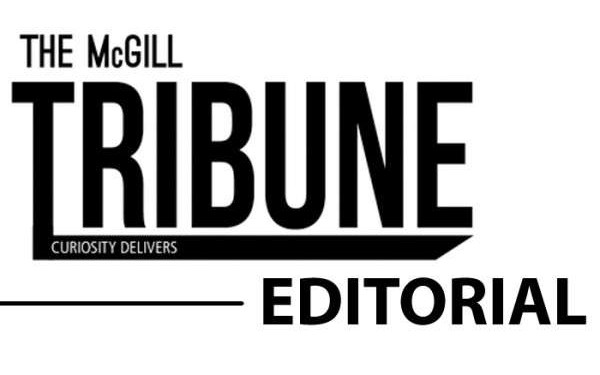Queer McGill, as a part of its Rad Sex Week, will be holding a workshop on Jan. 28 entitled “Desires: A QT*POC Exploration,” an event open only to those who identify as queer or trans* people of colour (POC). The exclusion of white students in the workshop’s description incited significant backlash on social media and has prompted an examination of the broader significance of the event as it relates to the intersection between race and inclusion on campus.
While inclusion and support often operate together to achieve equality, they do not always need to go hand in hand. Queer and trans* POC face their own unique struggles, and having a workshop in which POC within the queer and trans* community can talk about shared experiences and offer each other support is indispensable. There should be defined spaces made available for queer and trans* POC to discuss their common challenges without feeling compelled to explain their distinct perspectives to people who cannot directly relate. The workshop specifically created for queer and trans* POC is therefore a valuable means of providing mutual support for marginalized individuals.
Although the criticism has largely surrounded one specific event, it has also sparked a more general discussion on how to foster a community that is both inclusive and supportive. The concurrent existence of separate spaces for support should not reach a point where exclusion incites a sense of polarization on campus that impedes the movement toward acceptance and equality. If barriers are ever constructed in a way that inhibit support and empathy, there would certainly need to be a reexamination of the separate manner in which discourse is conducted.
Particularly because focusing on specific intersections of people’s identities—in this case, identification as queer or trans* and as a POC—may appear limiting, it is important to prevent these intersections from creating lasting boundaries that ignore the possibility that people might not always relate to others based on both their race and their sexuality.
Those who criticized the exclusive nature of this singular workshop may also be disregarding the variety of avenues that Queer McGill and other groups provide for queer students and allies throughout the year. Allied support is something that Queer McGill has developed in the past in an effort to build a strong community for queer and allied students across campus. There is a plethora of different workshops, discussion groups, lecture series, and even dance parties, all held by Queer McGill, with the goal of providing opportunities for people to take part in the creation of a positive community for queer students at McGill and in Montreal.
Queer McGill has stated that its purpose is to “create [a] safe space and community for queer students.” Since Queer McGill is seeking to create a community for queer and trans* individuals, the restriction of events to a particular group based on race could risk creating long-term divisions within the community.
This incident underscores the reality that the discourse surrounding race and sexuality on campus is complex and requires the student body’s ongoing attention. Maintaining mindfulness and respect in both allied efforts and events reserved for people to share intimate experiences is imperative. The workshops designed to promote discourse within a specific group of individuals should be respected, but should not occlude the general movement toward an overall inclusive community. Moving forward, in order to achieve the intertwined goals of inclusion and equality, the need for spaces for allies must be balanced with the need for distinct spaces for individuals with similar, shared experiences.








